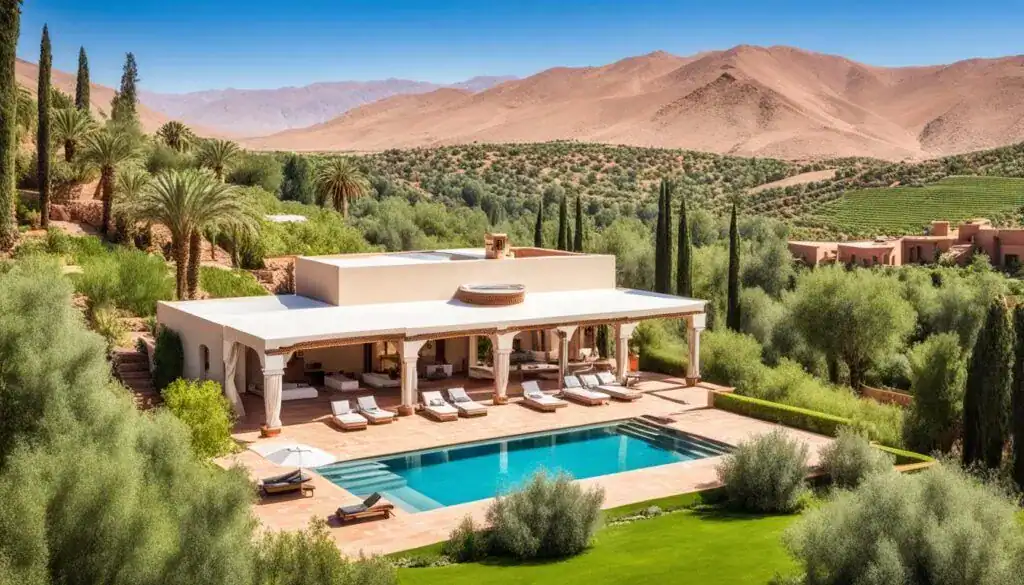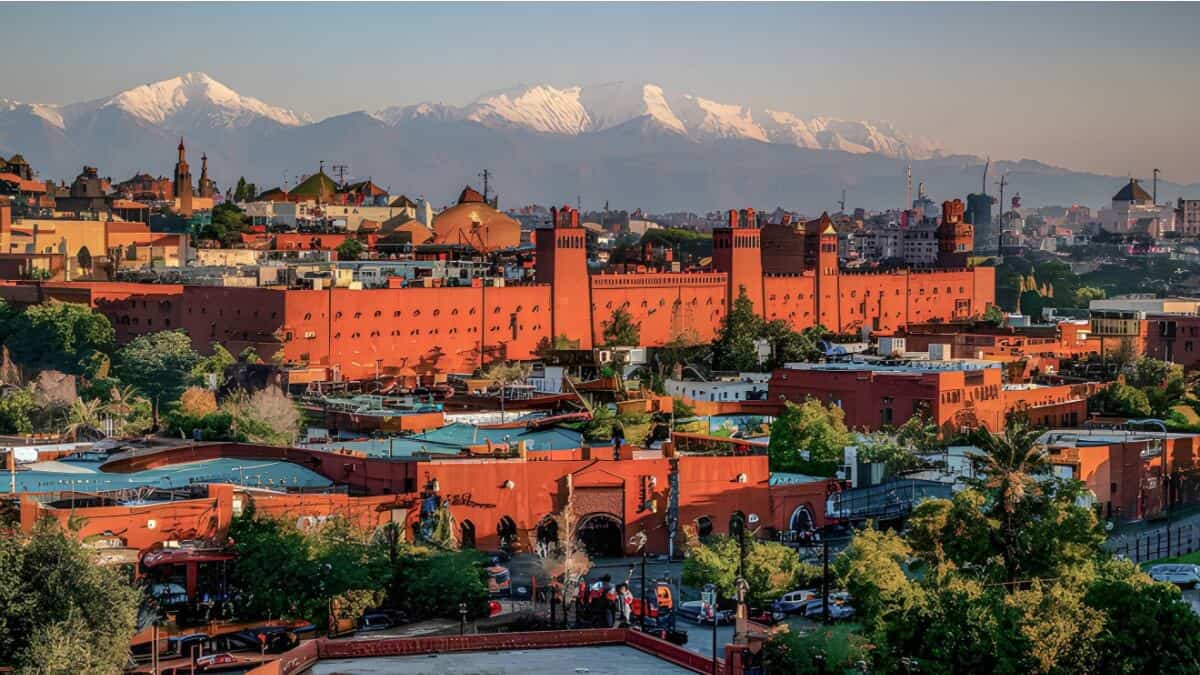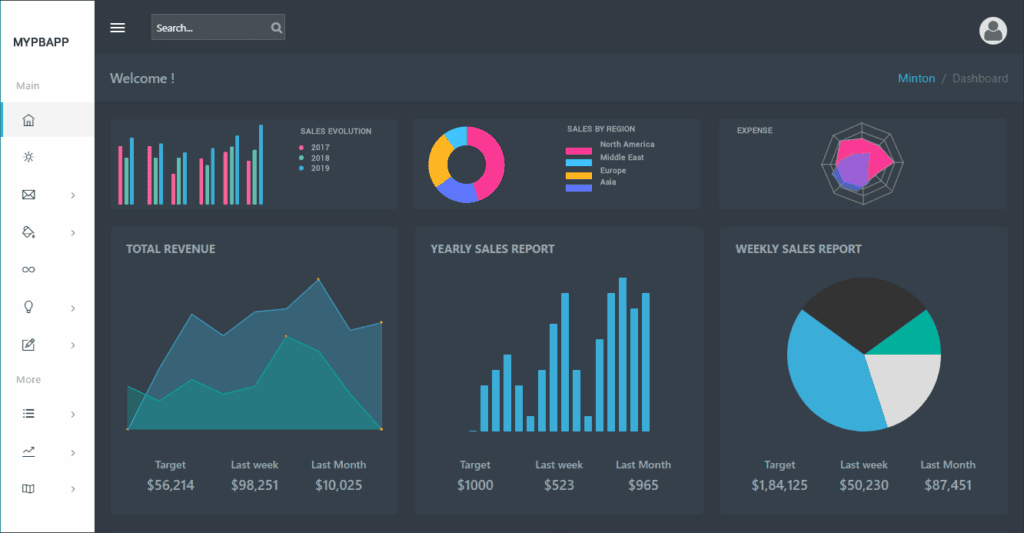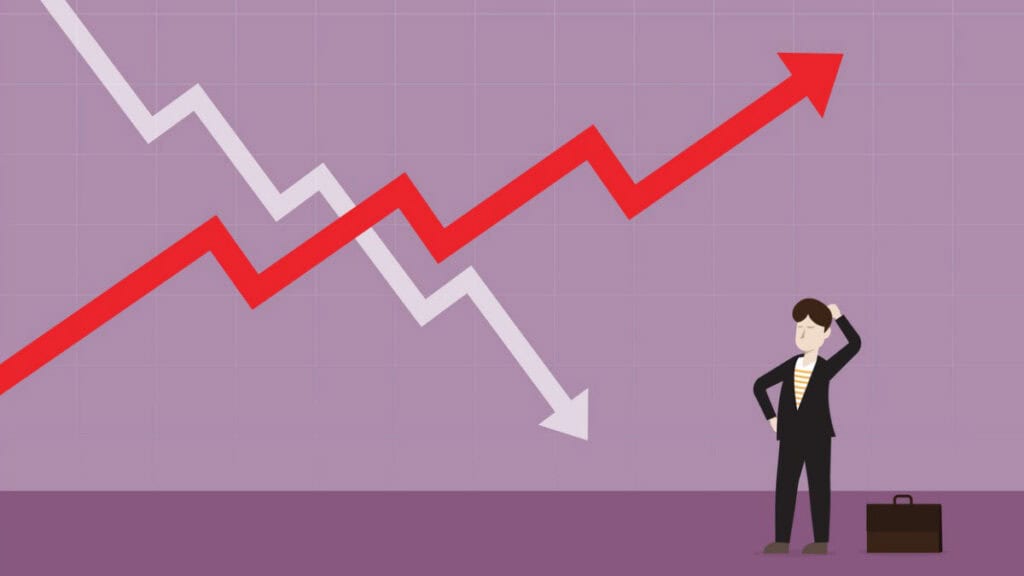An Overview of Moroccan Real Estate Investment
Morocco offers international real estate investors an alluring opportunity with its fascinating fusion of ancient history and contemporary vibrancy. With its strategic geographic location, burgeoning economy, and rich cultural heritage, the country has witnessed significant growth in its real estate market. Morocco offers a variety of real estate options for foreign buyers, including luxury, commercial, and residential properties. However, ownership of agricultural land is subject to certain limitations. Foreigners can invest in real estate development projects that include agricultural elements, even though they are unable to purchase agrarian land directly. Morocco’s appeal as a destination for real estate investment stems from a number of factors, including robust economic growth. Morocco’s economy has been steadily expanding, driven by sectors such as renewable energy, tourism, and automobiles. This growth positively impacts the real estate market, resulting in increased demand and appreciation in property values. The Moroccan government has implemented various policies to promote foreign investment, including streamlined procedures for property purchases and tax incentives. As a result, there are diverse real estate opportunities available. Morocco offers a wide range of real estate options, from historic riads in Marrakech to modern apartments in Casablanca. This assortment allows investors to choose properties that correspond with their investment goals and preferences. High Rental Yields Morocco’s booming tourism sector makes it a desirable place to rent out real estate, particularly in well-known travel locations like Marrakech and Agadir. Cultural and Historical Relevance Morocco’s rich cultural heritage and stunning historical sites draw millions of visitors annually. This cultural significance contributes to the long-term value of real estate investments.
Popular Real Estate Destinations in Morocco: Marrakech: A colorful city renowned for its lively souks, stunning architecture, and luxurious riads. Marrakech’s essential tourism industry and high interest in rental properties make it an intriguing selection for both residential and commercial investments. (Casablanca) Morocco’s economic hub, Casablanca, offers a blend of modern and traditional architecture. The city’s thriving business district and growing expatriate community make it a popular choice for commercial and residential investments. (Tangier) Tangier is a multicultural city that offers a distinctive fusion of cultures and lifestyles at the meeting point of Europe and Africa. The town is a great place to make investments in real estate because of its advantageous location and ongoing development projects. (Agadir) A popular tourist destination, Agadir is a coastal city with stunning beaches and opulent resorts. It also provides excellent investment opportunities in vacation homes and beachfront real estate.
The Buying Process for Foreigners: Find a Real Estate Agent: A reputable real estate agent can help navigate the Moroccan real estate market, identify suitable properties, and help with the legal and administrative elements of the purchase process. (Due Diligence) To be sure the property has a clear title and no legal encumbrances, perform extensive due diligence. This may consist of hiring a lawyer to review the property’s legal documents and conduct a property inspection. (Make an Offer) Once you’ve found a property, you can make an offer to the seller. The offer should stipulate the purchase price, payment terms, and any other relevant conditions. Put your signature on the purchase agreement. Once the offer is accepted, you’ll need to sign a purchase agreement, which outlines the terms and conditions of the sale. Obtain Financing If you need Financing, you can explore mortgage options from Moroccan banks or international lenders. Finish the Transfer Process: To complete the transfer of ownership, you must pay the purchase price, transfer ownership of the property to yourself, and pay any applicable taxes and fees.
Essential Things to Think About for International Purchasers: Legal Advice: Speak with a local lawyer to completely comprehend the inheritance laws, property rights, and tax implications related to buying real estate in Morocco. Understanding currency exchange rates and possible swings that could affect the property’s total cost is essential. Property Management: If you’re purchasing a property as an investment, consider hiring a property management company to handle rental income, maintenance, and tenant relations. Cultural Nuances: Establish yourself with Moroccan culture and customs to ensure smooth interactions with local professionals and authorities. By taking these factors into account and seeking professional advice, foreign buyers can successfully navigate the Moroccan real estate market and take advantage of the potential benefits of investing in this dynamic country. Familiarize yourself with Moroccan culture and customs to ensure smooth interactions with local professionals and authorities. By taking these factors into account and seeking professional advice, foreign buyers can successfully navigate the Moroccan real estate market and take advantage of the potential benefits of investing in this dynamic country.

Can a foreigner buy property in Morocco?
Yes, Morocco, with its vibrant culture, stunning landscapes, and favorable investment climate, has become an increasingly attractive destination for real estate investment. Foreigners can indeed purchase property in Morocco, opening doors to opportunities that vary from expensive holiday homes to lucrative investment properties. Understanding the specific guidelines and nuances of the purchasing process is crucial, though. One key restriction is that foreigners cannot directly purchase agricultural land. This limitation is in place to protect local farmers and ensure the sustainability of Morocco’s agricultural sector. While foreign ownership of residential and commercial properties is permitted, it’s advisable to speak with a local real estate agent or lawyer to navigate the legal complexities and ensure a smooth transaction. These professionals can provide invaluable guidance on property rights, taxes, and other relevant regulations.
When considering a property purchase in Morocco, it’s essential to conduct thorough due diligence. This involves verifying property ownership, checking for any legal encumbrances, and assessing the property’s condition. Engaging a qualified surveyor or property inspector can help you understand potential issues and ensure that the property meets your expectations.
Financing your property purchase in Morocco may require careful planning. While Moroccan banks offer mortgage options to both residents and non-residents, it’s important to note that specific requirements and eligibility criteria may apply. It’s advisable to consult with local banks to understand the available options and the necessary documentation.
In addition to the deal price, buyers should be prepared to allocate funds for various taxes and fees, including stamp duty, registration tax, legal fees, and notary fees. These costs can differ depending on the property’s value and location. Once you’ve successfully acquired your property in Morocco, you’ll need to think about ongoing expenses such as property taxes, maintenance costs, and potential renovation costs. It’s also important to be aware of local regulations regarding property ownership and inheritance.
In conclusion, Morocco presents intriguing opportunities for foreign real estate investors. However, it’s necessary to approach the buying process with careful consideration and thorough research. By understanding the legal framework, financial implications, and cultural nuances, you can make informed decisions and find a property that aligns with your investment goals and personal preferences.

5 Frequently Asked Questions :
1. Are foreigners able to purchase real estate in Morocco?
Yes, foreigners can purchase property in Morocco, including residential, commercial, and luxury properties. However, there are restrictions on the purchase of agricultural land.
2. What are the popular real estate destinations in Morocco?
Some of the most popular real estate destinations in Morocco include:
Marrakech: Known for its lively culture, stunning architecture, and robust tourism industry.
Casablanca: Morocco’s economic hub, offering a mix of modern and traditional properties.
Tangier: A cosmopolitan city with a growing international community.
Agadir: A coastal city famous for its beautiful beaches and luxury resorts.
3. What are the costs associated with buying property in Morocco?
In addition to the buy price, buyers may incur costs such as:
Legal fees: For legal advice and assistance with the purchase process.
Notary fees: For official documentation and registration.
Property transfer tax: A government fee levied on property transfers.
Agency fees: Paid to the real estate agent for their services.
Stamp duty: A tax on legal documents.
4. Can I obtain to purchase property in Morocco?
Yes, it’s possible to obtain a mortgage to finance a property purchase in Morocco. However, the availability of mortgages for foreigners may differ depending on the provider and your specific circumstances. It’s advisable to consult with a local bank or mortgage broker to explore your options.
5. What are the tax consequences of owning property in Morocco? Property owners in Morocco may be subject to property taxes and capital gains tax. It’s essential to consult with a tax advisor to comprehend the specific tax implications and to provide compliance with local tax laws.










